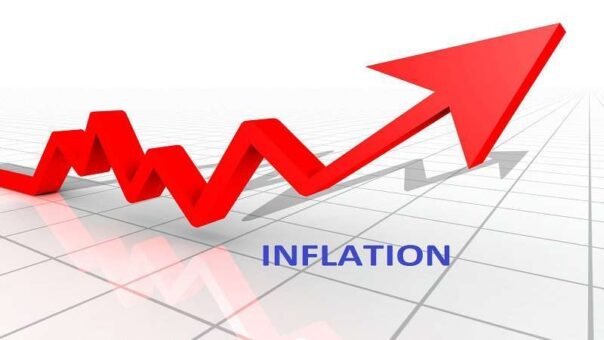ISLAMABAD, April 26, 2024 – The Pakistan Bureau of Statistics (PBS) has reported a notable reduction in the prices of several essential commodities for the week ending on April 25, 2024, offering some relief to consumers amidst ongoing economic challenges.
According to the latest data released by PBS, based on the Sensitive Price Indicator (SPI), there has been an overall decrease of 1.10 percent in inflation rates compared to the previous week. This shift is largely attributed to significant price drops in essential food items and utilities.
The most dramatic decline was seen in the price of tomatoes, which plummeted by 20.83 percent. This was followed closely by onions and chicken, which saw reductions of 14.43 percent and 11.64 percent respectively. Other notable decreases included wheat flour (down by 4.92 percent), eggs (4.45 percent), chili powder (3.86 percent), bananas (3.30 percent), LPG (2.22 percent), and garlic (0.43 percent).
While the decrease in these items provides some economic respite, there were also price increases in other areas. Potatoes topped the list with a 1.80 percent rise, followed by powdered milk which went up by 1.30 percent. Smaller increments were observed in vegetable ghee (2.5 kg up by 0.70 percent), pulse mash (0.65 percent), sugar (0.60 percent), gur (0.59 percent), cooked daal (0.56 percent), mutton (0.51 percent), and shirting (0.37 percent).
During the reviewed week, out of the 51 monitored items, prices for 15 items (29.41 percent) increased, 10 items (19.61 percent) decreased, and 26 items (50.98 percent) remained stable.
The year-on-year analysis provided by PBS paints a broader picture of inflationary trends. While some items have seen staggering annual increases, such as gas charges which surged by 570.00 percent, and significant rises in the costs of tomatoes (122.34 percent), onions (121.31 percent), and chili powder (76.53 percent), others have decreased notably. Bananas, for instance, saw the most significant year-on-year price drop of 33.77 percent. Other commodities like cooking oil (20.77 percent decrease for 5 litres), vegetable ghee (17.56 percent for 2.5 kg and 17.04 percent for 1 kg), and wheat flour (16.72 percent) also recorded decreases.
The fluctuation in commodity prices reflects the dynamic nature of market forces and the impact of various external economic pressures, including supply chain disruptions and changes in international market prices. The PBS regularly monitors these changes to provide timely data that can help in policymaking and ensuring economic stability.
Economic experts suggest that while the weekly drop in some commodity prices provides temporary relief, the broader trends indicate persistent volatility in the market. Consumers and policymakers alike are advised to remain vigilant and responsive to these shifts. The government is also encouraged to continue implementing strategies to stabilize the market and protect consumers from extreme price fluctuations.
As the fiscal year progresses, all eyes will be on how these trends develop, especially in the face of global economic uncertainties and domestic fiscal policies. The PBS commits to continuing its rigorous monitoring of market prices to aid in effective economic planning and decision-making.
